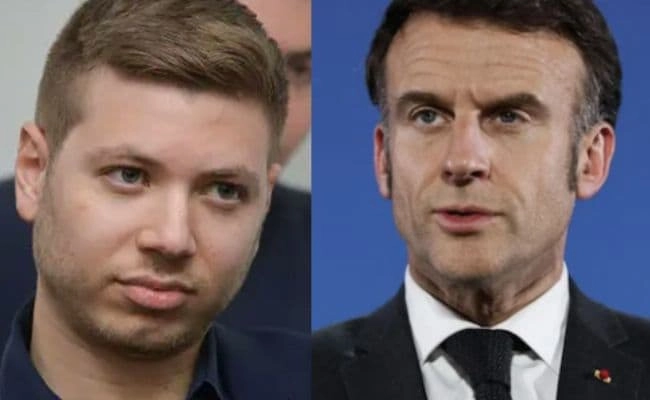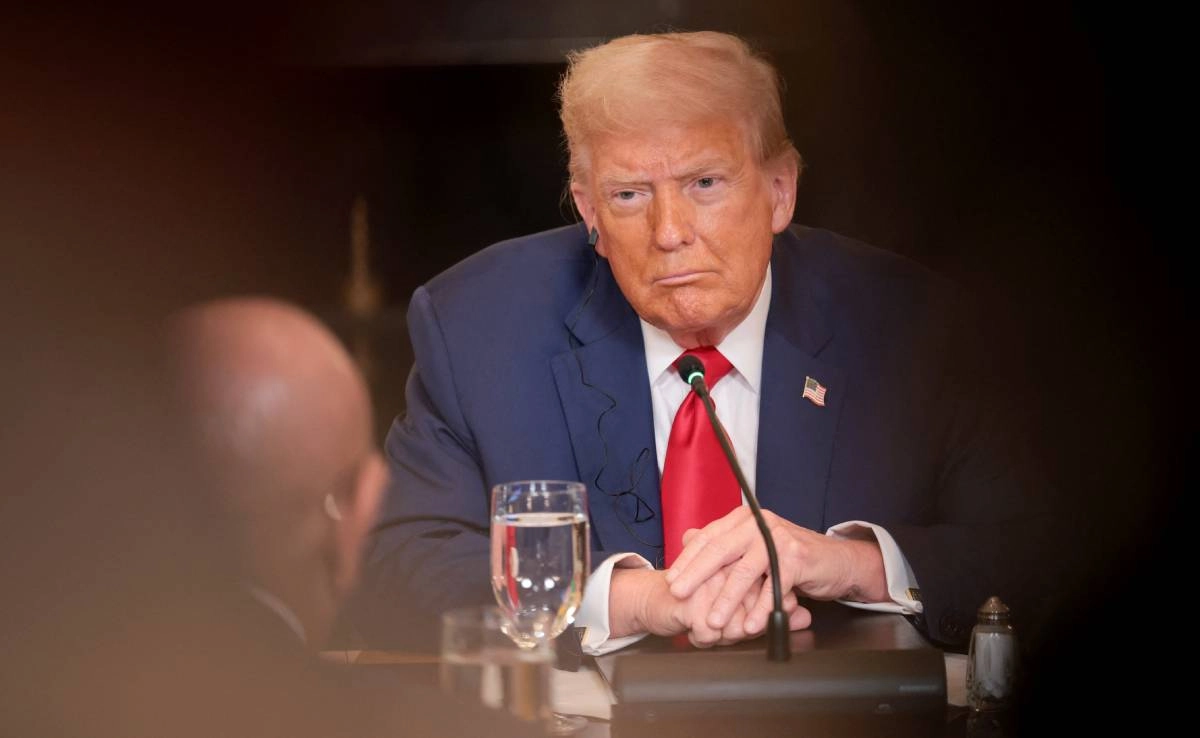In a recent social media post, Yair Netanyahu, the son of Israeli Prime Minister Benjamin Netanyahu, expressed strong disapproval of French President Emmanuel Macron’s proposal to recognize Palestine. This statement came in response to Macron’s suggestion during a press conference that the French government would consider recognizing Palestinian statehood as part of a broader push for peace in the region. Yair’s comment, which included the phrase “Screw You,” reflects the heightened tensions surrounding the Israeli-Palestinian conflict and the complexities involved in international diplomatic efforts.
The Israeli leadership has long been wary of external intervention in the peace process, fearing that such recognition could undermine Israel’s security and its claims to disputed territories. Yair Netanyahu’s reaction underscores a broader sentiment among many in Israel who view unilateral recognition of Palestine as a potential threat to national sovereignty and a deviation from established negotiation frameworks. The Netanyahu government has consistently advocated for direct negotiations between Israel and the Palestinian Authority, insisting that any resolution must come through dialogue rather than external imposition.
Macron’s proposal is part of a larger initiative aimed at revitalizing the stalled peace talks, which have been at an impasse for years. The French leader’s approach suggests a willingness to engage more actively in the Middle East peace process, but it also invites backlash from Israeli officials who worry about the implications of such recognition. As the situation continues to evolve, the response from Israeli leaders, including Yair Netanyahu, highlights the challenges faced by international actors seeking to mediate in a conflict marked by deep-seated historical grievances and competing national narratives.
In this context, the exchange between Yair Netanyahu and Emmanuel Macron illustrates the delicate balance that must be struck in international diplomacy regarding the Israeli-Palestinian conflict. As both sides grapple with their aspirations and grievances, the role of external nations becomes increasingly critical yet complicated. The path forward remains fraught with challenges, requiring nuanced understanding and careful navigation of the sentiments on both sides. Ultimately, the discourse surrounding recognition and statehood is emblematic of the broader struggle for peace and stability in the region.




